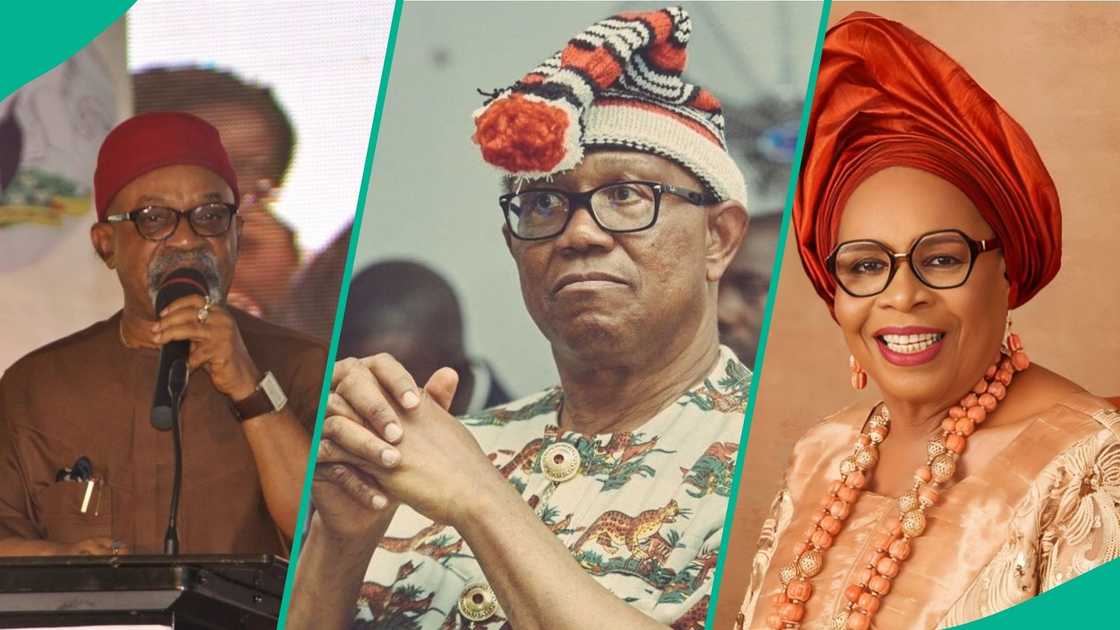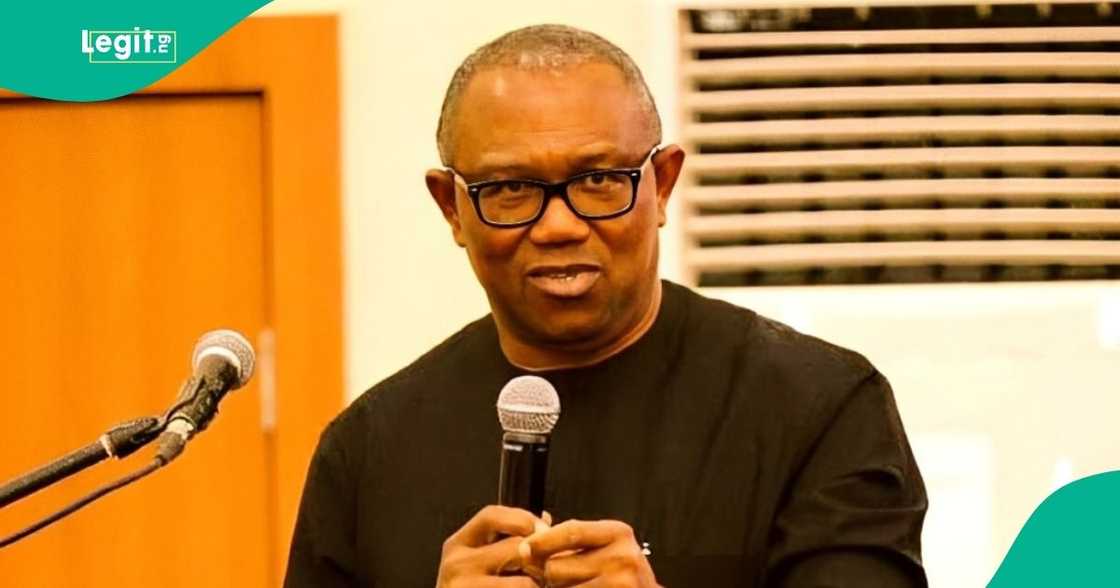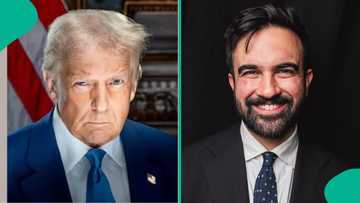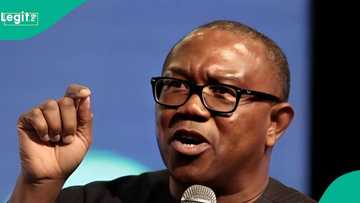AnambraDecides 2025: List of Anambra State Governors From 1999 to Date
- From Mbadinuju to Obiano Anambra witnessed years of godfather politics, reforms and controversies that shaped its democratic story
- Successive Anambra governors battled political control, corruption and power tussles, leaving behind mixed legacies across two decades
- From unpaid salaries to fiscal discipline, Anambra’s leadership history reflected resilience, chaos and transformation through changing administrations
Awka, Anambra state - As Anambra prepares for the 2025 governorship election, it’s worth revisiting the political journey of Nigeria’s “Light of the Nation."
Anambra is a state known for its vibrant politics, strong personalities, and dramatic power tussles.

Source: Twitter
From Chinwoke Mbadinuju to Willie Obiano, here’s a look at how successive governors have shaped, scarred, and sometimes saved Anambra state.
Chinwoke Mbadinuju (1999–2003):
Chinwoke Mbadinuju, elected on the PDP platform, served as Anambra’s first civilian governor from 29 May 1999 to 29 May 2003.
His administration becomes synonymous with godfatherism and political control by the wealthy elite, most notably businessman Emeka Offor.
During his four-year tenure, the state was marred by strikes, unpaid salaries, insecurity, and political chaos.
Civil servants go months without pay, while extra-judicial killings by the dreaded Bakassi Boys stain his government’s image.
Speaking years later, Mbadinuju blames his failure on the grip of political godfathers.
Chris Ngige (2003–2006)
Dr Chris Ngige, also of the PDP, governed from 29 May 2003 to 17 March 2006. His rise to power comes through what many call a “rigged” election engineered by the Uba brothers.
Ngige’s breakaway from his political godfathers sparks a violent and public feud. He famously resists monthly deductions of ₦10 million allegedly demanded by Chief Chris Uba.
Despite the controversy, Ngige earns public sympathy for challenging the political elite and for his focus on governance. He restores unpaid salaries, pays pensions, and embarks on road projects.
Peter Obi (2006)

Source: Twitter
Peter Obi of the All Progressives Grand Alliance (APGA) contested the 2003 election but reclaimed his mandate in March 2006 after nearly three years in court.

Read also
Zohran Mamdani: African-born muslim declared winner of US election despite Trump’s disapproval
Barely seven months into office, he is impeached, paving the way for his deputy, Virginia Etiaba, to step in, making her Nigeria’s first female governor.
Virginia Etiaba (2006–2007)
Etiaba served briefly between 3 November 2006 and 9 February 2007. Calm and unassuming, she maintains order amid political uncertainty.
Initially hesitant to take office, she later explains,
“I accepted because of the peculiarity of the situation. Anambra needed stability.”
Her reign ends when Peter Obi regains his position after the Court of Appeal overturns his impeachment.
Andy Uba (2007)
Emmanuel Nnamdi (Andy) Uba assumes office on 27 May 2007 under the PDP but is removed by a Supreme Court ruling after just 14 days in power.
The court rules that Peter Obi’s tenure has not expired, making Andy Uba’s victory null and void. His short-lived administration becomes one of the most dramatic political episodes in Nigeria’s democratic history.
Peter Obi (2007–2014)
Peter Obi returned to power on 9 February 2007 and remained until 17 March 2014. His leadership style contrasts sharply with his predecessors, marked by transparency, prudence, and a focus on education, infrastructure, and savings.
Under Obi, Anambra earns national recognition for sound financial management. He leaves behind investments worth $500 million and pays off all outstanding debts before leaving office.
He also earns a reputation for being one of the few governors with no corruption cases post-tenure.
Willie Obiano (2014–2022)
Willie Obiano took over from Peter Obi on 17 March 2014 under the APGA banner. His early years show promise, but his administration later faces allegations of corruption, nepotism, and fiscal mismanagement.
Critics accuse him of abandoning key infrastructure projects and owing workers’ salaries and pensions amounting to billions of naira.
By the time he leaves office in 2022, Anambra’s once-praised financial stability appears eroded.
NSA issues warning ahead of Anambra poll
Previously, Legit.ng National Security Adviser (NSA) Nuhu Ribadu has warned that any act of violence during the forthcoming Anambra governorship election will attract a firm and immediate response from security agencies.
Ribadu, who was represented by Hassan Yahaya Abdullahi, director of Internal Security at the Office of the NSA, gave the warning in Abuja during a meeting of the Inter-Agency Consultative Committee on Election Security (ICCES) with the Independent National Electoral Commission (INEC).
Source: Legit.ng





